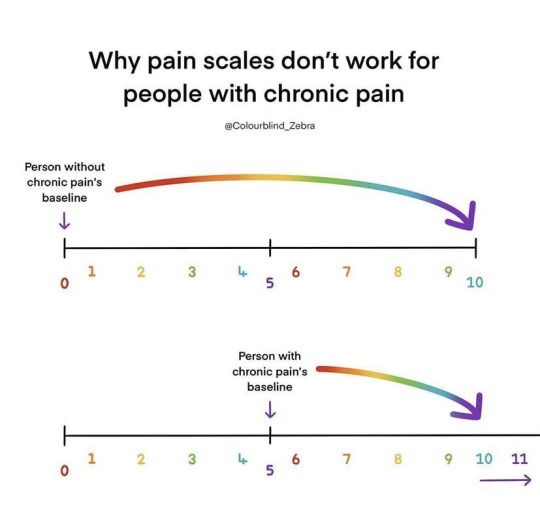34/biace/agender/autistic. Language sideblog -> hauntytrieslanguages. A mix of many things and a master of none. Icon by kazkari
Don't wanna be here? Send us removal request.
Text
I love nonfiction that I simply cannot relate to at all. "it's easy to get addicted to buying fast fashion! I used to spend thousands of dollars on it a year!" okay. you're a space alien.
50K notes
·
View notes
Text
People really do assume the FromSoft formula is just "super hard boss fights" but really it's Tall Ladies, Hidetaka Miyazaki's barely contained masochistic death fetish, incredibly hard but usually fair boss fights, community graffiti, annoying rat, even more annoying dog, walk walk fashion baby, poison swamp, bottomless pit, Large Jovial Dad Figure, jolly cooperation, Berserk Reference, and slapstick comedy.
17K notes
·
View notes
Text

Ah jeez ya got your mind stuck in a digital hellscape.
3K notes
·
View notes
Text
white t girl i love you. and also do not forget that you are not the modern martyr for the oppressed voice. that's still black girls. it's always been black girls. stories of black martyrdom simply don't make it into the news cycle until the unrest caused by its reporting can be packaged as a "riot" segment between traffic reports. i know you suffer, but whatever you're experiencing, i beg you, when interacting with your community and building nuanced understandings of each other and the system which binds us, to not forget that a black tgirl has felt it 100 times worse before positioning yourself as an authority on all systems of oppression for having suffered unjustly at all. because you have suffered unjustly, but suffering unjustly as a white person means something so much different.
22K notes
·
View notes
Text
stuck in a timeloop called i just have to get through this week
25K notes
·
View notes
Text
58K notes
·
View notes
Text

(Not my content)
#i sit at 3 daily#when i want yo have a cry i know the pain has bumped up#which is when i pay attention to it proper
33K notes
·
View notes
Text
so embarrassing when i forget im checking someone's blog and i start scrolling through and liking and reblogging shit as if it's just my dash. it feels like wandering into someone else's apartment and not noticing and making myself lunch
227K notes
·
View notes
Text
alright so Pangur got her claw stuck while rolling over in bed, and then just GAVE UP, which led to her being horizontally flattened in a way that gives her impossible girth and...... I'll share, but just know that it's an optical illusion. please. I swear to god she's a healthy weight. I mean, a little chubby, but not like this.
70K notes
·
View notes
Text
i need feminism because when jesus does a magic trick it’s a goddamn miracle but when a woman does a magic trick she gets burned at the stake
1M notes
·
View notes
Text
hey americans there is a recall on testosterone gel because they found benzene in it! please check the lot numbers on your batches, benzene is really not something you want to be rubbing into your skin, also you might be eligible for compensation because this is just insane what the fuck


more on this page:
55K notes
·
View notes
Photo

Myeongbeom Kim, Untitled, 2014 Skull, branches
1K notes
·
View notes



